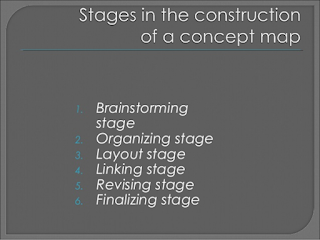Thursday, 14 November 2024
Friday, 28 June 2024
Teaching of Science as recommended in National Curriculum Framework, 2005
Teaching of Science as recommended in National Curriculum Framework, 2005
National Curriculum Framework 2005 provides scope for the holistic development of the learners. According to the NC F 2005, the science curriculum should aim at the development of process skills like observation, classification, measurement, communication etc. encouraging inventiveness as the children are considered to be young explorers. The aim is to make science more meaningful to the learners - what students learn in the classroom resonates with their everyday life and environment .
It recommends various initiatives and approaches such as activity-based learning, experiential learning, collaborative learning etc. To promote curiosity, inquisitiveness and creativity among the learners, NCF suggests to engage learners in
learning activities,
science fairs,
experiments
project work,
learners' science congress,
co-curricular activities etc.
Criteria for ideal Science Curriculum according to NCF, 2005
The specific criteria laid by NCF,2005 for an ideal science curriculum are:
Cognitive validity
Cognitive validity ensures that the content and its presentation should be in accordance with the cognitive level or age level of the learners, it should be understandable to the learner, still challenging them appropriately .
Content validity
Content validity of an ideal curriculum means that the curriculum should be accurate and rich by covering the fundamental principles of science thoroughly, ensuring that students get an understanding of the subject matter.
Process validity
It means that the curriculum should engage learners in activities and experiments so that they focus on "learning to learn', and develop cognitive skills, curiosity, creativity and scientific knowledge. The processes in science are demonstrated and experimented.
Historical validity
It enables the learner to appreciate how the concepts of science evolve over time.
Environmental validity
It refers to the need of relating learners curricular experience with learners' environment.
Ethical validity
Science curriculum promotes the values of honesty, objectivity, cooperation , freedom from fear and prejudice etc. It inculcates in the minds of learner, a concern for life and preservation of environment.






















